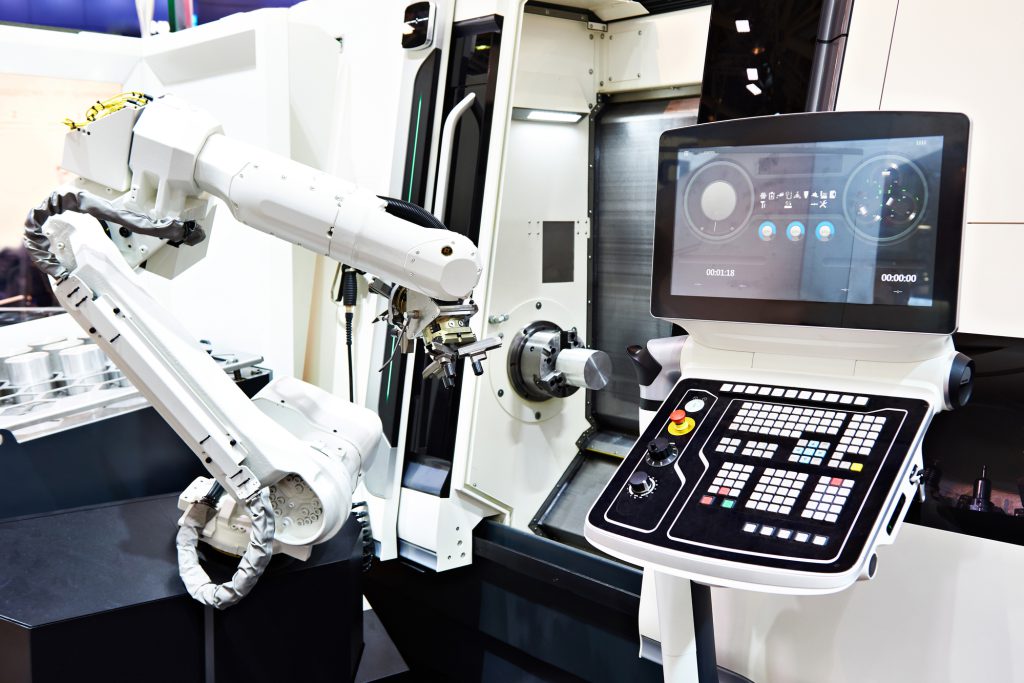Explore the benefits of adaptive manufacturing and its transformative impact on the manufacturing industry!
In the rapidly evolving world of manufacturing, staying competitive and relevant demands the ability to adapt to ever-changing market demands, technological advancements, and customer expectations. Adaptive manufacturing has emerged as a dynamic approach to production, enabling companies to respond swiftly to fluctuations in demand, embrace innovation, and drive continuous improvement. This cutting-edge manufacturing methodology empowers businesses to thrive in today’s volatile and dynamic landscape. In this article, we ec
Understanding Adaptive Manufacturing
Adaptive manufacturing, also known as agile manufacturing, is a production strategy that emphasizes flexibility, responsiveness, and customization. Unlike traditional mass production models, adaptive manufacturing allows companies to swiftly adjust their processes, resources, and product offerings to meet changing market conditions. It leverages advanced technologies, data analytics, and real-time insights to enable rapid decision-making, seamless collaboration, and iterative improvements.
The Benefits of Adaptive Manufacturing
Faster Response to Market Demands: Adaptive manufacturing enables companies to respond promptly to shifts in customer preferences, market trends, and unexpected disruptions. The ability to quickly pivot production ensures that products remain relevant and meet evolving customer needs.
Customization and Personalization: With adaptive manufacturing, businesses can easily offer customized and personalized products to cater to individual customer preferences. Mass customization becomes achievable, creating a competitive edge in the market.
Reduced Lead Times and Inventory Costs: The ability to adjust production on-the-fly helps minimize lead times, reducing the need for excessive inventory and optimizing working capital.
Supply Chain Resilience: Adaptive manufacturing promotes a robust and agile supply chain, enabling companies to navigate disruptions, such as supply shortages or transportation delays, with greater ease.
Enhanced Quality and Continuous Improvement: The iterative nature of adaptive manufacturing encourages continuous improvement, leading to better product quality and reduced defects.
Efficient Resource Utilization: Adaptive manufacturing optimizes the use of resources, reducing waste and energy consumption, contributing to sustainability and cost-effectiveness.
Innovation and Product Development: The flexibility of adaptive manufacturing fosters a culture of innovation, allowing businesses to experiment with new ideas and bring innovative products to market faster.
Adaptability to Industry 4.0 Technologies: Adaptive manufacturing seamlessly integrates with Industry 4.0 technologies, such as IoT, AI, and automation, empowering companies to harness the full potential of digital transformation.
Agility in Niche Markets: For companies operating in niche markets or highly specialized industries, adaptive manufacturing allows for quick adaptation to unique customer demands and market conditions.
Real-World Examples of Adaptive Manufacturing
Automotive Industry: Leading car manufacturers are adopting adaptive manufacturing to produce personalized vehicles with modular components, allowing customers to customize features and aesthetics.
Consumer Electronics: Electronics companies are embracing adaptive manufacturing to swiftly launch new product models, incorporating the latest technological advancements.
Healthcare: Medical device manufacturers are leveraging adaptive manufacturing to produce patient-specific medical implants and devices, improving patient outcomes.
Fashion and Apparel: Clothing companies are implementing adaptive manufacturing to offer made-to-measure clothing, reducing excess inventory and addressing sustainability concerns.
Adaptive manufacturing stands as a transformative force in the manufacturing industry, empowering businesses to navigate the complex and ever-changing business landscape. By embracing flexibility, responsiveness, and innovation, companies can stay ahead of the competition, meet customer demands, and drive continuous improvement. In a world where change is constant, adaptive manufacturing is not just a strategy; it is a catalyst for success in the modern manufacturing ecosystem. As businesses continue to embrace adaptive manufacturing, they unlock the full potential of flexibility, innovation, and customer-centricity, laying the foundation for sustained growth and resilience in the face of uncertainty.
The Perfect Planner Team is here if you have any questions about Adaptive Manufacturing, and we offer a free consultation service. If you would like to connect with us on this article or any other topic, please message us on LinkedIn, shoot us an email at info@perfectplanner.io, visit our website at www.perfectplanner.io, or give us a call at 423.458.2979.
Author: Thomas Beil
Publication Date: November 9, 2023
© Copyright 2023 Perfect Planner LLC. All rights reserved.






